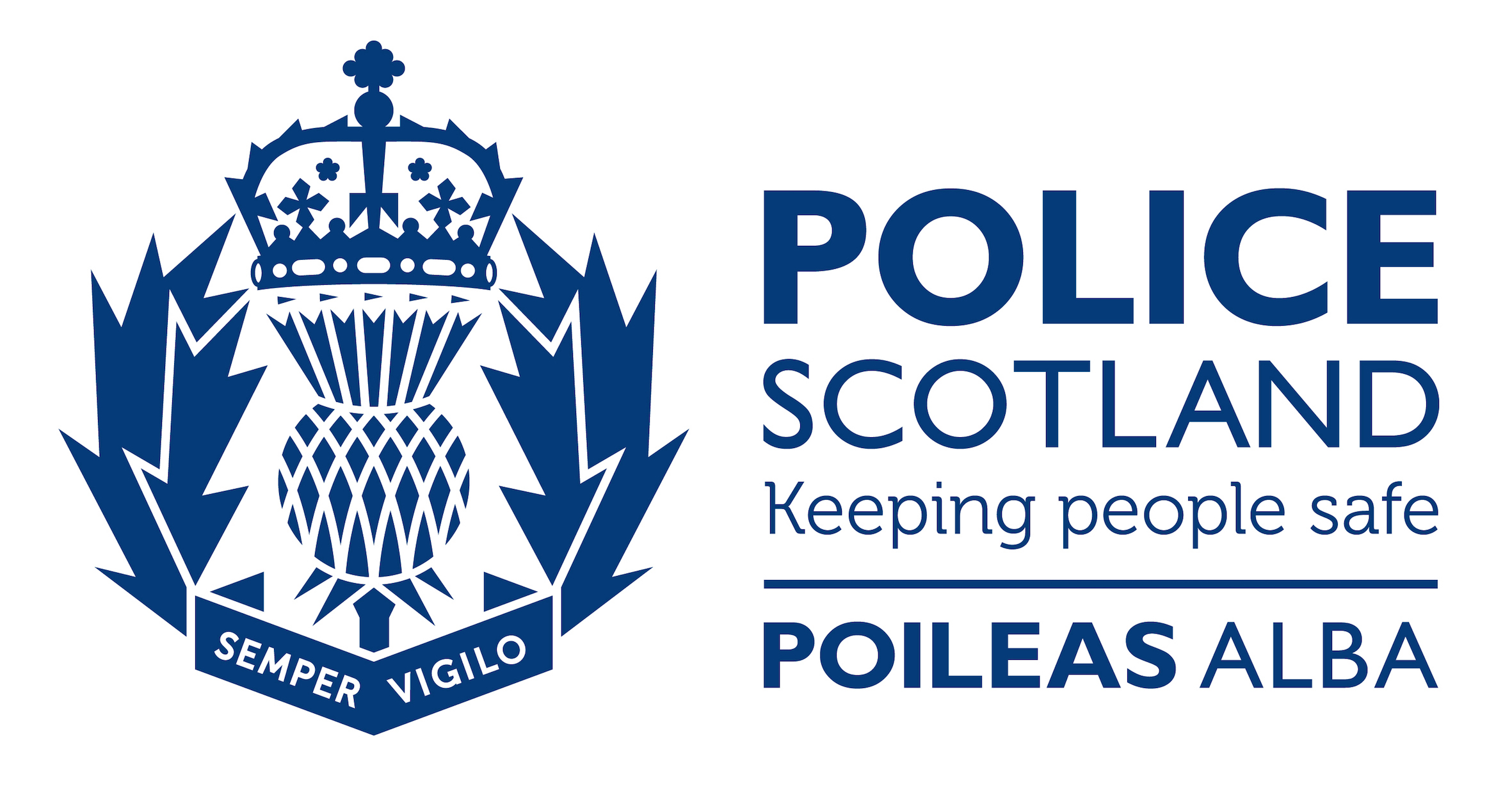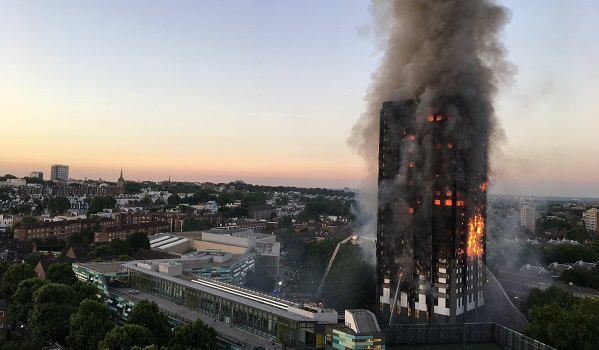PIRC finds failings in Police Scotland’s response to a woman later found dead
Police Scotland has been told that it did not follow standard procedures in its response to concerns raised about a vulnerable woman.
The force also failed to react swiftly enough and did not force entry when necessary, until the woman was found dead at home by officers ten hours after Police Scotland was first contacted.
The police were first alerted to concerns at 12.43pm on February 24, 2017. The woman’s carers called 999 to say that they were worried about the woman’s safety as they could hear her mobile phone ringing inside the house in Glasgow, but nobody was answering, and they could not gain access to her home.
Two officers responded to the call and made the decision not to force entry after speaking to their supervising officer. The officers had also learnt from the woman’s daughter that she sometimes went out without her phone. The carers then went back to the house at 5pm, but still could not get inside. When they contacted the police again they were informed that there were no resources currently available.
The carers contacted police four times over the following four hours requesting that they come to the house and her daughter also expressed to the police that she was becoming more concerned about her mother.
Officers finally attended the house at 10.39pm and broke in at 10.48pm, but the woman, who had been listed as a vulnerable person, was already deceased.
The Crown Office and Procurator Fiscal Service called on the PIRC to investigate the police prioritisation of the 999 call.
The PIRC found that although police resources became available at 7.45pm, Area Control Room (ACR) staff did not prioritise the call. Despite repeated requests by care staff for police assistance, due to errors by ACR staff a decision to send police officers back to the woman’s house was not taken until 9.24pm.
It could not be established that if entry had been gained to the woman’s house earlier, she would have been found alive.
The report concluded that staff in the ACR failed to follow standard procedures and showed a lack of focus in ensuring the 999 call was followed up correctly. This included a failure to get supervisory approval to defer the 999 call until later.
The PIRC’s findings were shared with Police Scotland at an early stage in the investigation to allow them to put in place improved guidance and specific measures to deal with calls about people of concern, where entry to a property is required.
Police Scotland also introduced measures to ensure that all available resources within a Division are sent to priority incidents.







